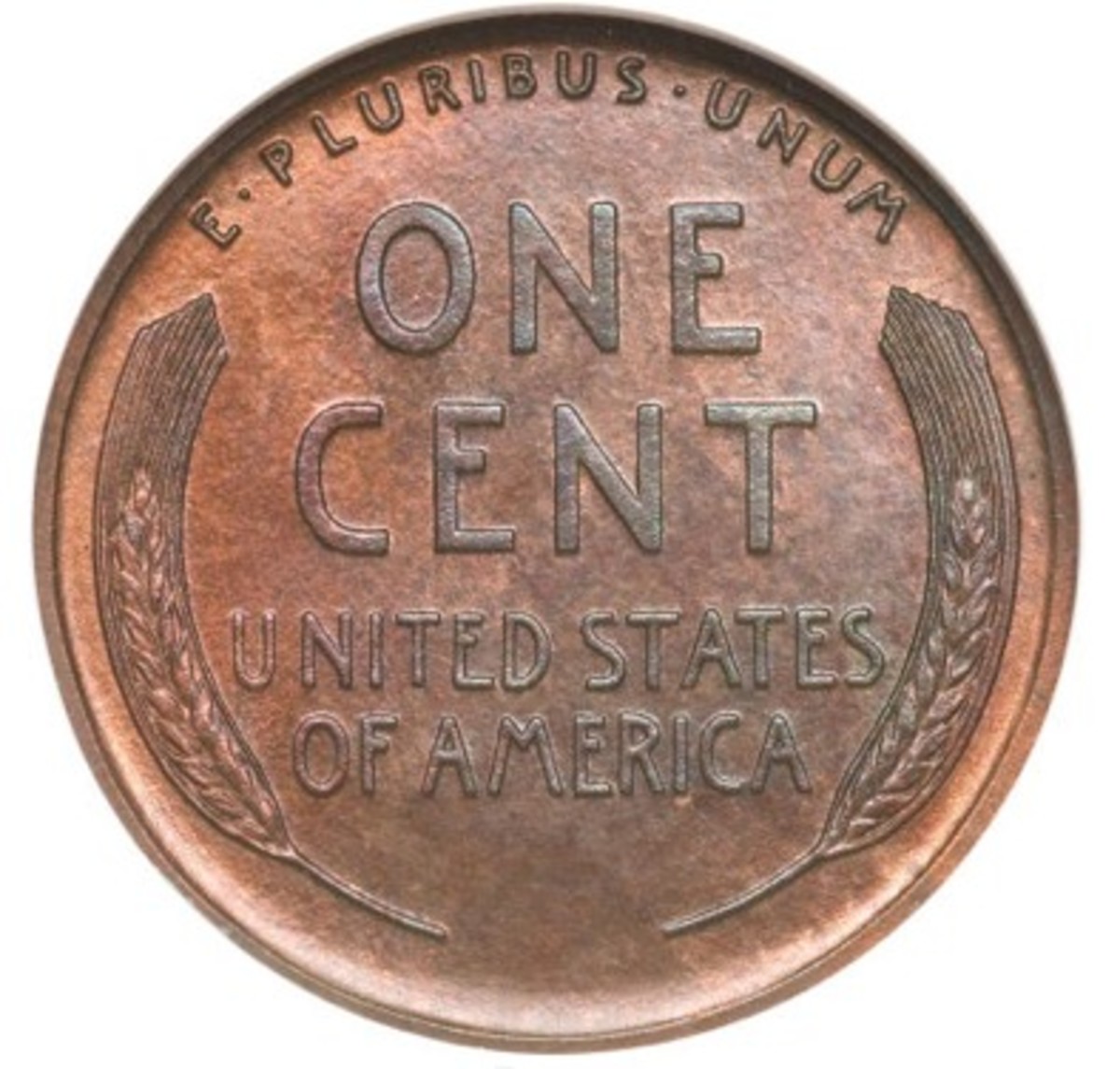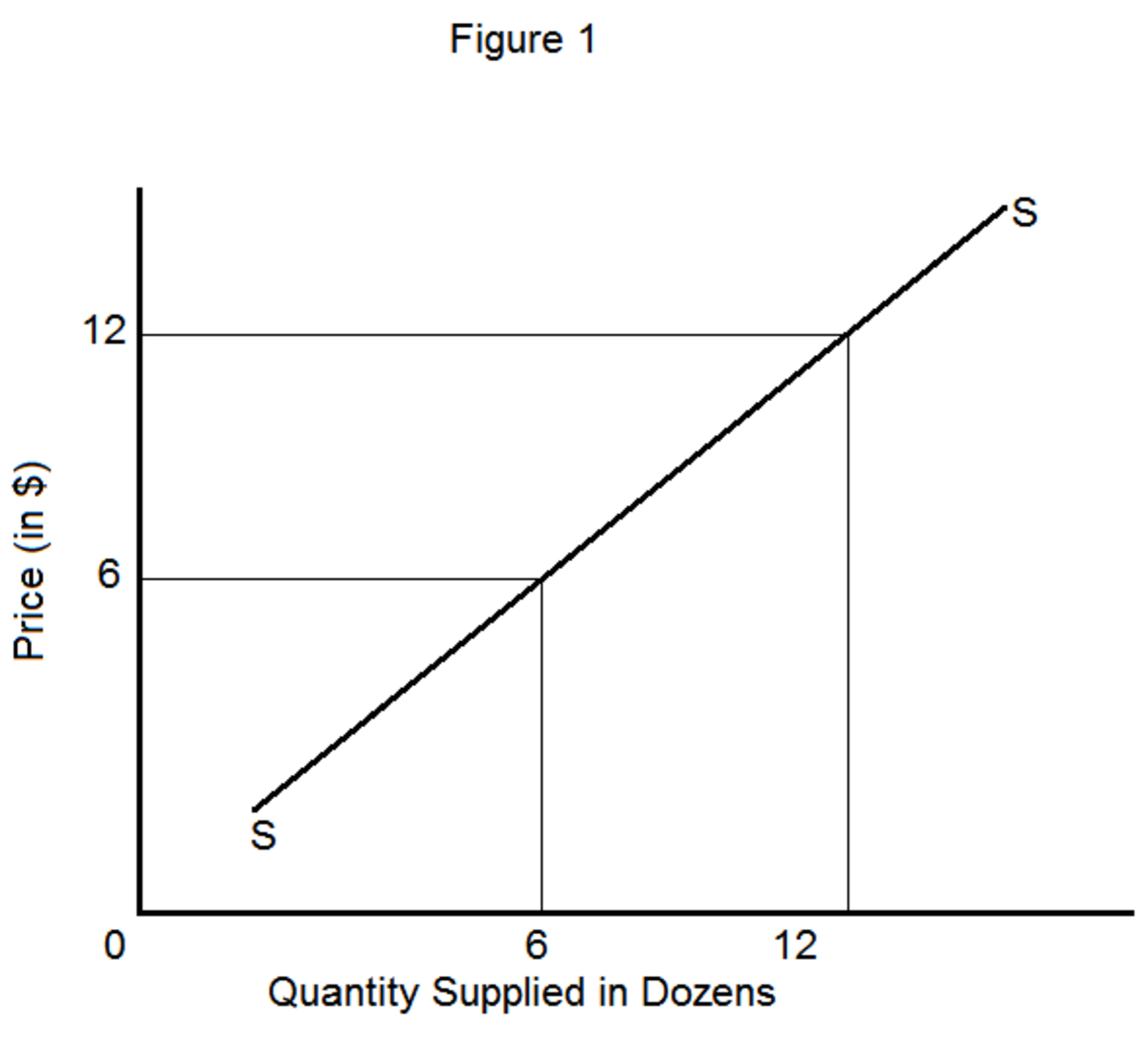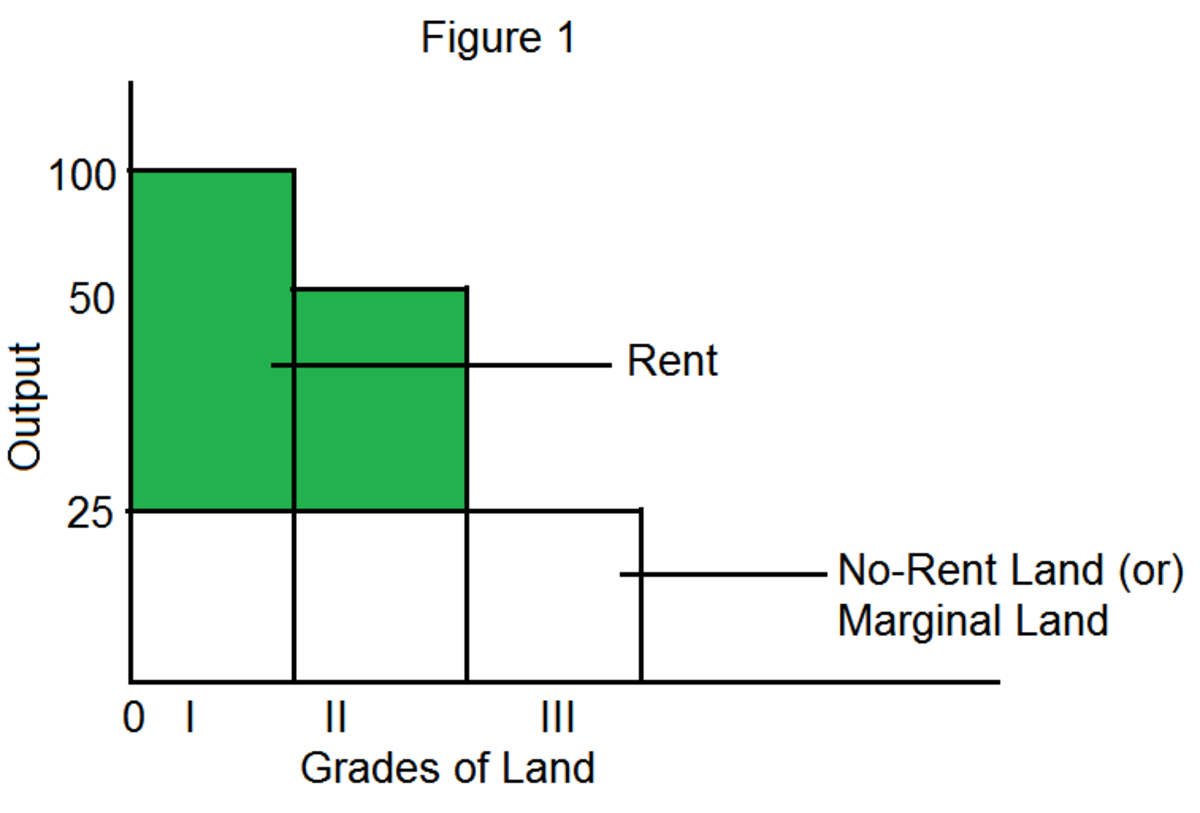What Does Gresham’s Law State?
Gresham’s Law
Gresham’s law states that “where good and bad money are circulating together as legal tender, the bad money tends to drive out good”. In simple terms, the law means that bad money tends to drive good money out of circulation. The law is named after Sir Thomas Gresham, a merchant of great experience and founder of the Royal Exchange of England who lived during the reign of Queen Elizabeth.
During her period, new coins were introduced in the country with the hope that the old and bad coins would disappear. But it was found to the surprise of the Queen and her advisers that the new coins disappeared from circulation and the old coins continued to be in circulation as before. Then, Gresham explained the situation by telling that bad money drives good money out of circulation. So the law has come to be known as Gresham’s law. But many economists feel today that the views contained in Gresham’s law had been already expressed by earlier writers.
Explanation
Though the law was formulated with reference to debased coinage only, the law has a greater significance than that. The law applies to monometallism, bimetallism and even to inconvertible paper currency standard. Under monometallism, coins of the same metal will be in circulation. Suppose there are many old coins. The government may introduce new coins to replace the old coins, which are worn out. If new coins are introduced, old coins will not disappear. On the other hand, new coins will go out of circulation. That is why the statement, bad money drives good money out of circulation.
There are many reasons for the operation of the law. First, generally people like to retain a new coin instead of an old one for they think that the new one is attractive and more valuable. This applies to children as well as to adults. Second, if both bad and good coins are in circulation, people will hoard the new coins. They will melt them and sell them as metal because as metal those coins will have a greater value than their face value. Lastly, business men will get the new coins which have greater weight in gold than old coins and export them because in international transactions, coins pass by their weight and not by their face value. The law applies to bimetallism too. In fact, the operation of the law is one of the difficulties of bimetallism.
Under bimetallism, if coins of two precious metal are circulated at a fixed ratio of exchange with one another, the over-valued metal will tend to drive the under-valued from circulation. For example, Japan had bimetallism at one time. Both gold and silver coins were in circulation at a legal ratio of 1:5 (i.e. one gold coin for five silver coins). But in Europe, at that time, the ratio was 1:15 (i.e. one gold coin was equal to fifteen silver coins). Gold coins were under-valued and silver coins were over-valued in Japan. So some people gave silver coins and got gold coins in exchange. They took gold coins to Europe and got more silver coins in return. By this way, gold coins disappeared from Japan.
The same argument applies even to inconvertible paper currency. If both paper money and metallic money are in circulation in a country, when paper money is seriously over-issued metallic currency will disappear from circulation. Thus, Gresham’s law has great significance even under modern conditions. It is based on practical experience. For example, when you go to a hotel, if you have two $100 notes with you, where one is old and another is new, when you pay your bill, generally you give the old note only. After all you may not gain much by that. But you do it.
Conditions
Gresham’s law, however, will operate only under the following conditions. First, there must be sufficient money in circulation within the country for affecting the necessary exchanges within the society. Good money will not be hoarded or exported if there is scarcity of money in country and is generally wanted for business transactions. Second, bad money cannot drive good money out of circulation, if the people as a whole refuse to accept it as a medium of exchange. Lastly, whenever people notice the depreciation of currency and act upon it, the law cannot operate.
© 2013 Sundaram Ponnusamy





